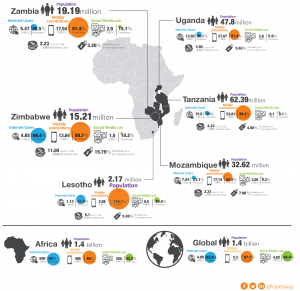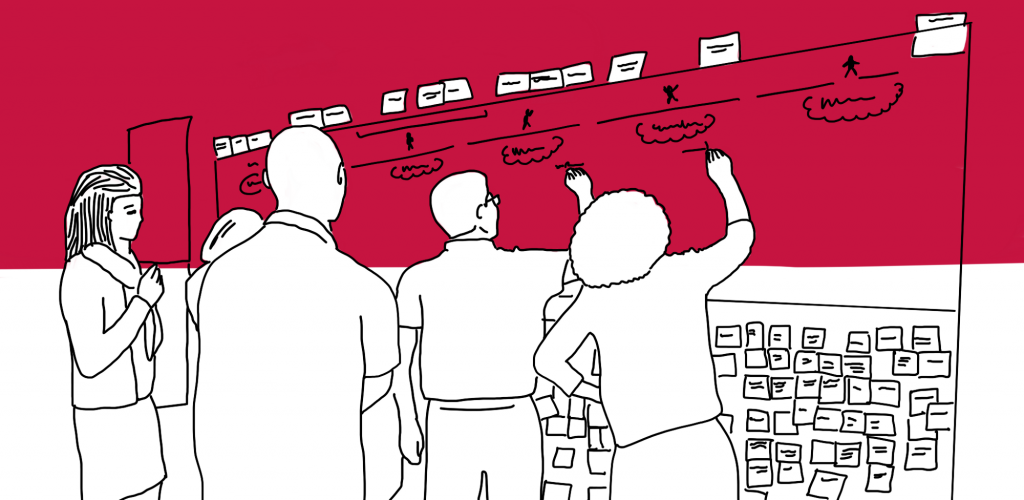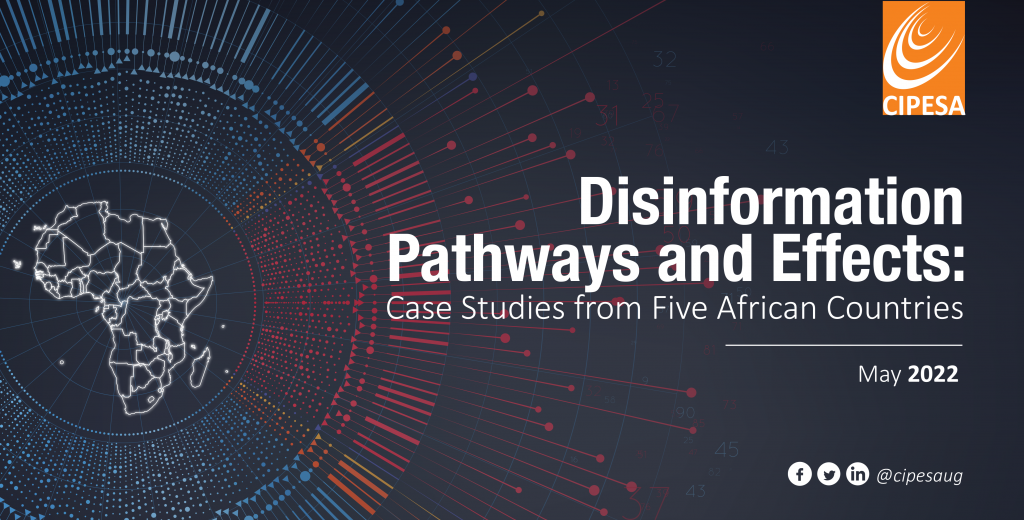By Victor Kapiyo |
Digital technologies have created new spaces for interaction and enabled new ways to connect, share experiences, work and build communities. These technologies continue to be influential and have the potential of enhancing growth and expanding opportunities for the realisation of women’s rights in Africa. Indeed, access to the internet and digital devices has become central to the empowerment of women and girls, and in enabling them to realise and enjoy their digital rights.
Women and girls in Africa form a key constituency and a distinct category in their experiences in using the internet compared to men and boys. Plan International points out that while technology and the internet can be a great enabler for women and girls, lack of opportunities and skills, and fear of discrimination, could prevent many from using and creating digital tools and online content.
Indeed, the growing digital gender divide in access to the internet in Africa limits the potential of the internet and Information and Communication Technologies (ICT) to contribute to achieving gender equality, women’s rights and digital rights for women and girls. Notably, there is a substantial divide between men and women in internet access and use globally, as a majority of the 2.9 billion people who remain unconnected are women and girls.
According to the International Telecommunications Union (ITU), in 2013, only 37% of all women were online, compared to 41% of all men. In 2017, the global internet penetration rate for men stood at 50.9% compared to 44.9% for women. This increased in 2019, with the proportion of women using the internet globally standing at 48%, compared to 58% of men. In 2022, 62% of men were using the internet compared to 57% of women, meaning that the global internet use gender gap stands at 8%. However, this divide is more glaring in the Least Developed Countries (LDCs), many of which are in Africa, where only 19% of women used the internet in 2020, compared to 86% in the developed world.
Furthermore, the digital gender divide in Africa has continued to widen as most of the new internet users since 2013 were men. According to the GSMA, women in developing countries are 14% less likely to own a mobile phone than men and are less likely than men to utilise mobile data, social media applications or SMS services. Sub-Saharan Africa still has the most expensive data prices in the world, according to the 2021 Worldwide Mobile Data Pricing Report, with the average price for 1GB of mobile data coming in at USD 6.44. An analysis by the Alliance for Affordable Internet (A4AI) shows that 1GB of mobile broadband data became less affordable in 2021 than in 2020, following the impact of Covid-19, with the cost increasing by 12% in the LDCs.
Access remains critical to achieving digital inclusion. In countries such as Lesotho, Mozambique, Tanzania, Uganda, Zambia, and Zimbabwe evidence of the digital divide exists as shown in the table below. The high cost of access is driven by taxes such as those introduced in Tanzania, Uganda, and Zambia which are paid prior to accessing the internet and social media platforms. In some countries like Uganda, in addition to the high taxes, some social media platforms like Facebook are still blocked and are only accessible through Virtual Private Networks (VPNs). Further, save for Zimbabwe and Lesotho, the remaining countries fall below the average internet penetration rates in Africa and globally. With respect to mobile penetration, with the exception of Mozambique and Uganda, the other four countries reviewed in this blog – Lesotho, Tanzania, Zambia and Zimbabwe – are ranked above the African and global average, according to the Datareportal.
Notably, all six countries fall below African and global social media use rates. Despite being ranked highest among these countries, Lesotho still stood at 18.7% below the African average. However, it is important to note that there is limited availability of reliable gender-disaggregated data in Sub-Saharan Africa, where inequality is at its greatest.

The 2018 After Access study on “Understanding the Gender Gap in the Global South” revealed that poorer countries from Africa such as Rwanda, Tanzania and Mozambique, showed high gender disparity in ICT access and use, with women being on the lower end. Further, sex, income, education and location were significant determinants of whether people used the internet, with women having a lesser chance and lagging behind men. The study also found that women who were more educated, with higher incomes, and living in urban areas were likely to have greater access to the internet than those in rural areas generally.
The cost of devices was the primary barrier for the unconnected, while the price of data services was the main barrier for those who were connected. In rural areas, access to electricity was a greater challenge than mobile coverage. The study also revealed that the knowledge of the internet was lower among women in rural areas, with only 35% indicating knowledge of the internet. Indeed, sex remains a key determinant of the probability of an individual owning a mobile phone. These findings are not unique and could mirror the situation in other countries in Sub-Saharan Africa.
Currently, several instruments such as the Declaration on the Elimination of Violence against Women (DEVAW), Convention on the Elimination of All Forms of Discrimination against Women (CEDAW), Protocol to the African Charter on Human and Peoples’ Rights on the Rights of Women in Africa (Maputo Protocol), African Platform for Action, the Dakar Declaration of 1994, the Beijing Platform for Action of 1995, the Sustainable Development Goals call for the elimination of discrimination and the promotion of women’s rights and the UN Guiding Principles on Business and Human Rights call for the promotion and protection of women’s digital rights. These instruments, which enjoy wide acceptance in the continent, highlight the need for stronger protection of women’s rights and could present an opportunity for the use of ICT to empower women, including through the promotion of universal internet access.
Additionally, governments according to an A4AI report are missing out on USD 1 trillion in gross domestic product (GDP) as a result of women’s exclusion. The report notes that governments are not adopting the policies needed to bridge the digital gender gap, with 40% of 29 countries studied in 2020 lacking meaningful policies or programmes to expand women’s access to the internet.
Empowering women and girls through the provision of meaningful access to the internet and digital technologies could undoubtedly provide them with opportunities to start businesses, and to access education, health, social and financial services. It could also be a powerful tool to enable women and girls to participate in governance, to associate, assemble and express themselves on digital rights issues that are dear to them and to develop relevant content for their empowerment. In addition, there is a need to increase women’s representation in leadership and decision-making roles within the ICT sector.
Therefore, in order to bridge the gender digital divide, African governments need to urgently implement legislative, policy, administrative and practical measures to address the existing structural inequalities in income, education, and employment opportunities, and stem the political, economic, legal, cultural, technological and social barriers that lead to the exclusion of women and girls from accessing and using the internet and ICT. These measures should include developing affirmative action that ensures that more women and girls have access to affordable internet and digital devices, meaningful connectivity and sound digital literacy and skills. Finally, closing the digital gender gap will require that countries collect and share gender and age disaggregated data on access and use of ICT in order to help track and evaluate progress and shape policies geared towards promoting the enjoyment of digital rights by women and girls on the continent.




